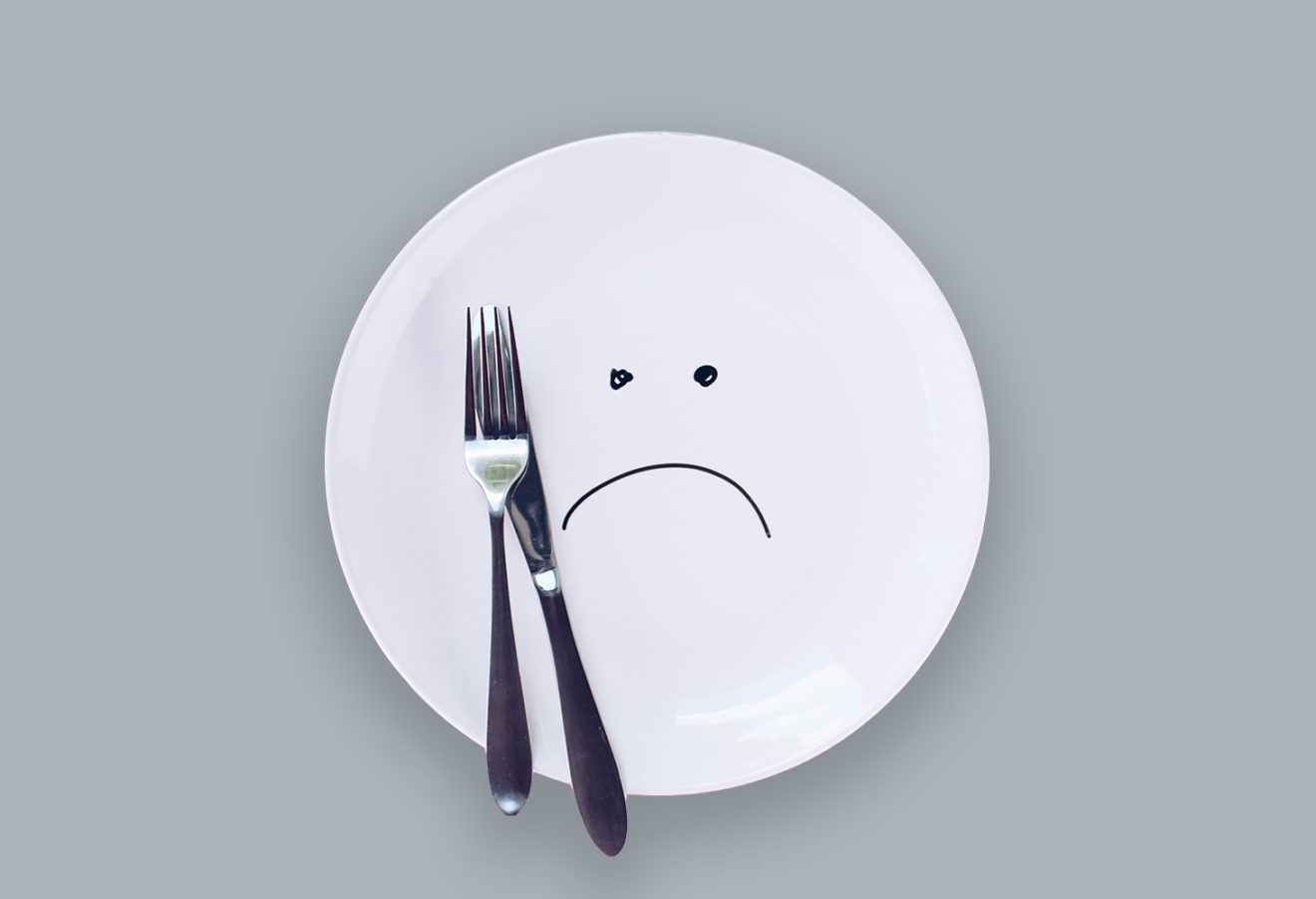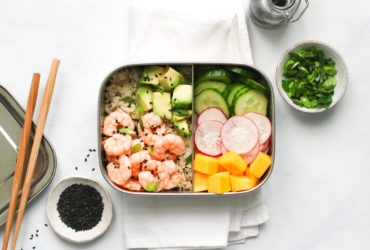
How To Overcome Stress Eating
When we’re time poor and under stress, it can be easy to forgo attention to nutrition, exercise and sleep. Often we may reach for ‘quick-fix foods’ such as high fat, high sugar options which boost our feel-good neurotransmitters such as serotonin and dopamine which temporarily induce feelings of calmness. However, these feelings are often short-lived, which is why stress eating can wreak havoc on our blood sugar and mood.
Here are 6 strategies to manage emotional eating after a stressful day at work…
1. Make a list of non-food related coping strategies
Stress eating is a learnt behaviour and each time we engage with this behaviour it is easy to further reinforce this as our ‘go-to’ coping strategy. Instead, break the cycle by seeking out non-food related ways of managing stress. This could be anything from practising mindfulness, yoga, going for a brisk walk, getting a massage, or even calling a friend. Ensure that during busy periods you still carve out ‘me time’. Write a list on your phone or even a posted note on the fridge of non-food related ways of coping with stress as a reminder when your will power is low.
2. Small sustainable changes
It can be all too easy to be overly restrictive when starting up an exercise and nutrition regime. However, following a routine which is overly taxing and unrealistic can trigger an ‘all or nothing’ mentality. On the other hand, small incremental and sustainable changes can make a big impact long term.
Why not write a list of small positive goals and focus on what you can include within your diet rather than what you need to cut out. For example, your goal could be to consume a piece of fruit each day when sugar cravings it, this will naturally make way for more nourishing choices without intentional restriction.
3. Quit dieting
‘Dieting’ can be a huge driver for binge eating, in fact, the more restrictive we are with our diet the more likely we are to binge eat. Focusing on weight loss can be counterproductive to binge eating recovery, however, binge eating recovery can be the best step to achieving a healthy body weight.
Remove the physical drive to binge by eating regularly and adequately. Don’t be overly strict on yourself, for example, if you set a rule for yourself to ‘quit sugar’, all sweet foods will suddenly become much more desirable and ultimately a food you may binge on.
If chocolate is a common binge food, instead of going cold-turkey, enjoy this food daily to reduce its desirability. But be mindful of portion size and the environment in which you consume this food, only buy small packs and eat slowly and mindfully ideally in the company of others. Often when we eat mindfully we tend to feel more satisfied with our food and which better regulates our hunger and fullness cues.
4. Preparation is key to success
If you come home after a stressful day and all you have is biscuits in the cupboard, then it’s clear what you will be eating for dinner that night!
Instead, spend a little time each week planning and prepping balanced meals and snacks, to put you on the path of nutrition success. Batch cook and use your freezer to store make nourishing homemade ‘ready meals’.
5. Be kind to yourself
You mentioned that you feel frustrated and angry with yourself, but would you be frustrated and angry with a family member or friend if they were going through the same thing? Most people would approach the topic with compassion. Be mindful of how you talk to yourself, beating yourself up for your eating and exercise habits may negatively affect self-esteem and worsen your approach to food.
6. Don’t forget the power of 7-8 hours of sleep
When we’re are busy it may seem like we’re being more efficient by forgoing attention to sleep, however, sleep restriction can cause our appetite suppressant hormone leptin to decrease whilst increasing our hunger hormone ghrelin. Sleep-deprived people on average consume 385 calories more per day than those who slept longer, and their intake of quick-fix foods such as sweet, salty and high-calorie starchy foods increase by as much as 45%!
It’s a no brainer that good quality sleep will aid with optimal energy and productivity throughout the day, but it can also play a role with our food choices. Be mindful of late-night eating, heavy meals, caffeine and alcohol are all components which will reduce the quality of sleep.
Lily is a London Nutritionist who graduated from Newcastle University with a BSc (Hons) degree in Food and Human Nutrition (AfN accredited) where she was awarded the Sage Faculty for Excellence Scholarship on an annual basis. She then went on to complete a 2-year post-graduate Diploma in Nutritional Therapy and is currently working towards her MSc in Nutritional Medicine (AfN accredited) at the University of Surrey. Lily’s extensive knowledge of the science of food and health, enables her to regularly write for The Times, The Telegraph, The Daily Mail, The Independent, Women’s Health and Cosmopolitan.
Her frequent TV appearances include ITV’s This Morning with Holly Willoughby and Phillip Schofield, and ITV’s primetime series Save Money: Lose Weight with Dr Ranj Singh. Lily’s passion is to simplify the science around nutrition, to provide health hacks and smarter eating strategies to empower people to enjoy a healthy and successful lifestyle. Her specialities lie in workplace wellness, implementing nutrition-focused wellbeing programmes within corporate organisations across the UK.
Lily also sees individual clients from her clinic in Chelsea and a private medical practice based in Notting Hill.




